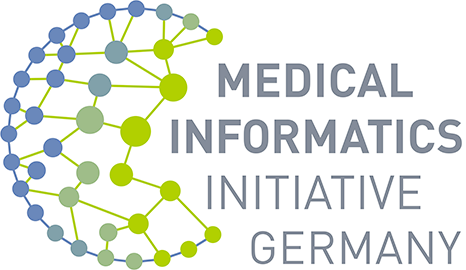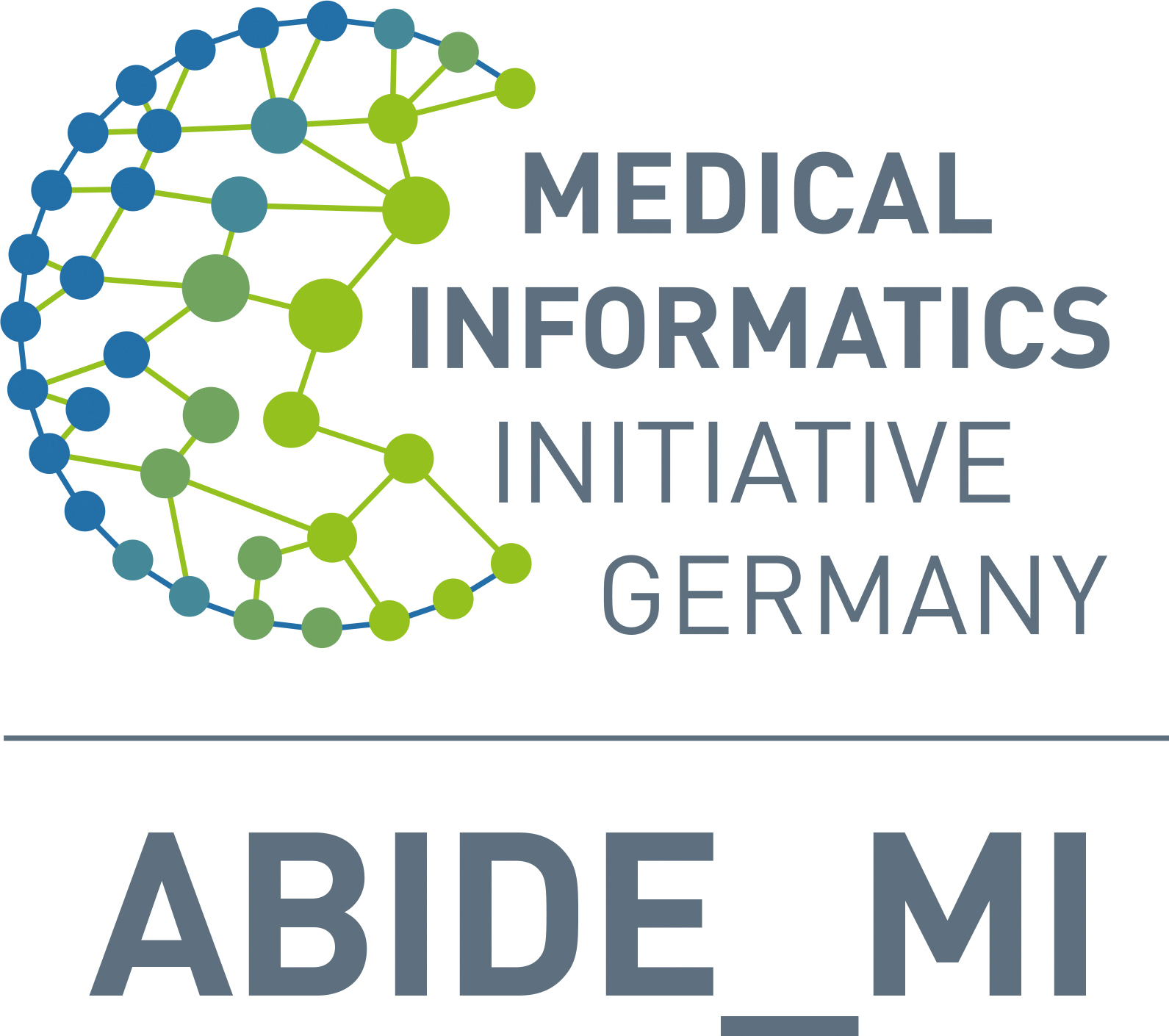Berlin/Erlangen, 03/05/2021. The Aligning Biobanking and DIC Efficiently (ABIDE_MI) project was launched under the aegis of the Medical Informatics Initiative (MII) in May 2021. Its aim is to make both biosamples and patient data collected during routine medical care available for research. To this end, the project will forge links across biobanks and data integration centres, i.e. the two main research infrastructure asset types at Germany’s university hospitals, both in terms of technology and regulatory processes. 24 university sites across Germany will be participating, as well as the MII coordination office and the German Biobank Node (GBN). ABIDE_MI will receive around five million euros in funding up to October 2022 from the German Ministry of Education and Research (BMBF).
The MII, an initiative funded by the BMBF, has implemented data integration centres (DICs) at 29 university hospitals throughout Germany since 2018. They are the backbone of an integrated IT infrastructure for advanced medical research in Germany. These new facilities are closely connected to existing hospital IT infrastructure and are tasked with collecting patient data from routine healthcare and research activities – across multiple hospitals, in line with data protection requirements – and to make these data available for further research projects. The MII is therefore creating a pool of data that supports the investigation of broad-based medical questions in order to better understand and treat diseases, and to offer patients more targeted therapies.
At the same, there are a large number of biosamples stored in the central clinical biobanks of Germany’s university hospitals. The biosamples comprise tissue samples, or bodily fluids such as blood or saliva, that were taken for diagnosis or treatment. They are a rich source of valuable information for medical research. Analysis of biosamples assists earlier identification of the causes of a disease, and more targeted treatment.
"To enable the shared use of data from various sources and to avoid, in the long term, the duplication of infrastructure, we are seeking to promote close cooperation between the MII’s data integration centres and German biobanks. Our goal is to combine information and data from biosamples with other data gained from patient care to help research efforts. The ABIDE_MI project therefore seeks to establish links between each university’s biobank and the corresponding DIC," explains Professor Hans-Ulrich Prokosch, Friedrich Alexander University (FAU) Erlangen-Nuremberg, an ABIDE_MI Project Leader. "Interaction between the two infrastructures makes sense in order to establish a sustainable data infrastructure at the university hospitals and to secure synergy between DIC and biobank activities. We can avoid duplicate infrastructures, and save resources and funding through sustainable data and sample use," continues Prokosch.
“ABIDE_MI takes an interdisciplinary approach that brings together the achievements and experience of the MII and the biobanks of the German Biobank Alliance (GBA) within a sustainable healthcare IT infrastructure,” adds Professor Michael Hummel, Charité - Universitätsmedizin Berlin, also an ABIDE_MI Project Leader and Head of the German Biobank Node (GBN), the umbrella organisation for university biobanks in Germany. Via GBN, BMBF has been promoting the integration of and collaboration between GBA biobanks at German university hospitals since 2013. The German biobank infrastructure is also associated with the European BBMRI-ERIC biobank network, and GBN represents the interests of German biobanks on the European stage.
The goal: a central portal for requesting and analysing data and biosamples in Germany
A further aim of ABIDE_MI is to streamline the research project application process. In the future, researchers should be able to submit a single request for required biosamples and data. To make this possible, the MII coordination office is currently setting up a central online portal, the German Portal for Medical Research Data, scheduled to go live in 2022. This will allow researchers to submit project applications and to request data and biosamples for medical research purposes via a single central platform. They can also use the portal to perform feasibility studies, i.e. to identify which data are available for research at MII university hospital sites. The applications are assessed and ruled upon by local Use and Access Committees (UACs) at the participating sites. Their decisions are posted electronically to the central portal and to the applicant.
"We hope to make it possible for researchers at hospitals to have a single central platform in the shape of a request-and-analysis portal that can identify patient cohorts and biosamples for a specific project, and where they can apply to use the corresponding data and samples. The aim is to allow requests to be performed in real time, not just for data at a single hospital, but for data at all MII member university hospitals. However, the portal is not only aimed at researchers but also at patients. They will be able to use the portal to view research projects that have been applied for and that are currently being conducted within the scope of the MII. In other words, the portal will provide visibility into research activities and their results," explains Sebastian C. Semler, TMF (Technology, Methods and Infrastructure for Networked Medical Research), head of the MII coordination office.



